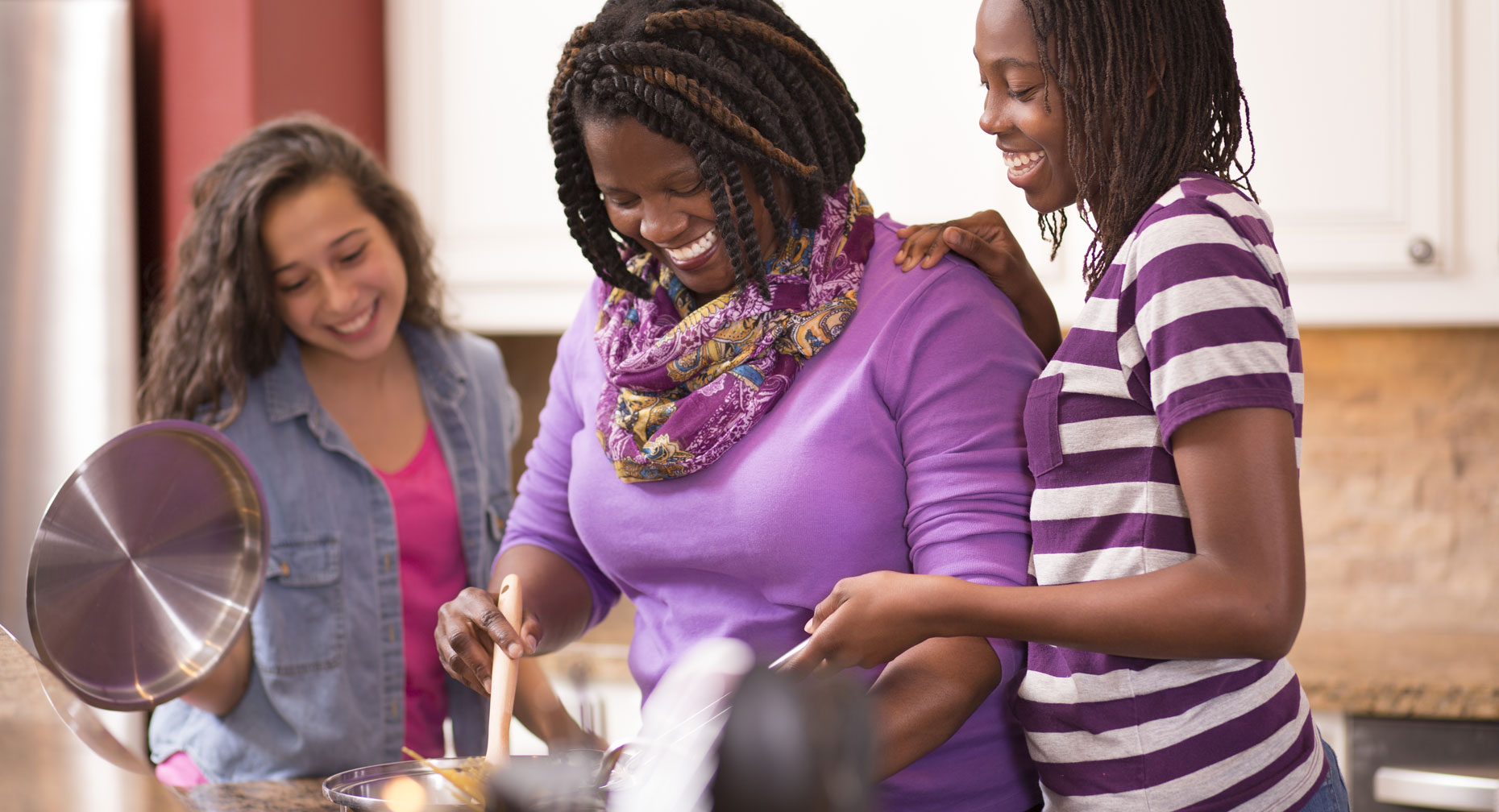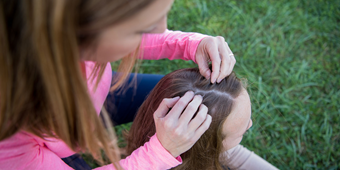Loving Someone with Diabetes: 5 Rules for Caregivers

Answer a few questions and we'll provide you with a list of primary care providers that best fit your needs.
Asking for and accepting help from loved ones may be one of the greatest challenges someone faces when diagnosed with diabetes. So don’t be surprised if she doesn’t tell you that she needs your support.
“Diabetes is a heavy load and we need to learn to ask for help,” says Carol Nartker, RN, certified diabetes educator (CDE) at Premier Health.
If someone you care about has been diagnosed, open the lines of communication if the loved one hasn’t already done so. Here are five rules to consider when offering your support.
1. Don’t Assume You Know What They Want or Need
Instead of jumping right in and “doing,” give them choices. Ask:
- How can I help you?
- What do you need?
- Is anything getting in the way of achieving your health goals?
- What do you feel comfortable doing on your own?
- Who are you comfortable having help you?
2. Educate Yourself
Diabetes is a complex disease; there’s a lot to know and there are many misconceptions. As a caregiver, try to learn as much as you can, and accompany your loved one to doctor’s appointments and education opportunities, like the annual Diabetes Wellness Retreat offered by Premier Health.
3. You Are Not the Food Police
Don’t be patronizing or controlling. Ultimately, making a lifestyle change is in the hands of the patient. “The person with diabetes has to bite the bullet and take responsibility for themselves,” says Nartker.
4. Be Part of the Change
It can be frustrating for a person with diabetes to change her lifestyle if the people around her are sticking with old habits. For example, if she asks that you not bring home fast food, or to help with the kids so she can find more time to exercise, honor those requests. Go together to meet with a dietitian and learn some new, diabetes-friendly recipes and cooking techniques as well. Offer to be a workout buddy.
In families with children at home, Nartker says, diabetes management “tends to go a little better if everybody participates in the food prep” and lifestyle moderation. In the long run, the entire family benefits by adopting healthy life habits, so consider planning menus and exercising together.
5. Encourage Independence, But Keep a Close Watch
Older women, in particular, are at risk of complications and setbacks from diabetes. Since women tend to outlive their male partners, they face risks if they are living alone with no one to check on them frequently. These include not eating properly, falls (due to low blood sugar or vision problems), and issues with obtaining and/or taking medication.
“The person with diabetes has to bite the bullet and take responsibility for themselves,” says Nartker.
Nartker advises not to patronize your loved one or take away her independence. But do be vigilant, and make sure she has strong support. “Give them choices,” she says. “Allow them to choose what they want to do, and what support systems they need, but make sure they are still safe.”
Answer a few questions and we'll provide you with a list of primary care providers that best fit your needs.
Source: National Institutes of Health; American Diabetes Association; Carol Nartker, RN, CDE, Premier Health.





